This article, originally appearing in the Uruguayan newspaper Brecha and reprinted by Correspondencia de Prensa, provides a preview of what is likely to be a nasty and hard-fought campaign.
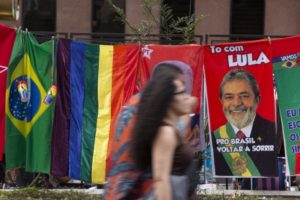

This article, originally appearing in the Uruguayan newspaper Brecha and reprinted by Correspondencia de Prensa, provides a preview of what is likely to be a nasty and hard-fought campaign.
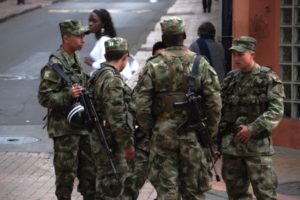
The radical Uruguayan journalist and chronicler of Latin American social movements Raúl Zibechi is much less enthusiastic about new progressive governments. In the article below, Zibechi points out the real constraints, both external and self-imposed, that these governments will face.

Petro and Márquez will inherit a huge public debt, one of the largest in the history of Colombia, and acute social inequality. It is a situation of social emergency that requires rapid short-term measures, but it will also be necessary in the medium and long term to undertake a major structural reform, a reform of the system, and a change of economic model.

Beyond the speculation and the last-minute shifts, there is a climate of tension in the streets of Colombia. Petro himself has been warning of an eventual coup d’état and a fraud that would seek to prevent a triumph that his followers take for granted.

This popular alliance will have a difficult task: to confront the newly radicalized right wing and its desire for anti-popular revanchism. That confrontation will take place in the streets and will draw on the lessons of self-defense learned decades ago…

The ISP is proud to publish this translation of a reflection on Open Veins, 50 years later, written by the Argentinian Marxist economist Claudio Katz, and presented at the International Seminar marking 50 years since the publication of Open Veins.

The Sandinista revolution started as an extraordinary experience of social liberation and renewal of national dignity in a dependent country whose status as a backyard for US imperialism had been accepted by its authoritarian, dynastic rulers for decades.

Bolsonaro is making it clear for the fraction of the ruling class that has gone over to the opposition in the last forty days that he will not accept the result of the elections if he loses. He will not respect the rules of the liberal-democratic regime…

While the criminal blockade has been very real and seriously damaging, it has been relatively less important in creating economic havoc than what lies at the very heart of the Cuban economic system: the bureaucratic, inefficient and irrational control and management of the economy by the Cuban government.

We agree that it is crucial for the US left to oppose economic sanctions and the interference of US imperialism against countries that go out of its orbit, as in the case of Venezuela. But, at the same time, we warn that in order to do this there’s no need to support the Venezuelan government…
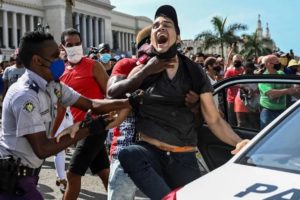
Cubans need to regain hope and to have a possible image of their future. If hope is lost, the meaning of any humanist social project is lost. And hope is not recovered by force.

We reprint, in translation, the noted radical Uruguayan journalist Raúl Zibechi, who discusses how Ortega and the FSLN, once the focal point of a generation on the left in Latin America and the world, have become corrupt authoritarians.
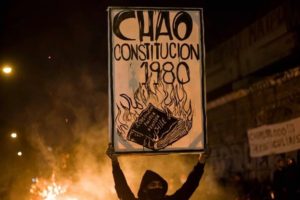
The diversity in the composition of the constituent assembly not only adds legitimacy to the process, but also “leads to better decisions”, because “having different points of view will allow there to be less bias in deliberation.”
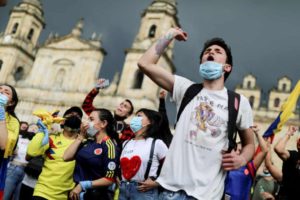
This military barbarism confirms that we are witnessing the collapse of the so-called “Rule of Law” and confirms that there is an abysmal separation between the institutions of a precarious representative democracy and the social demands of the majority of Colombians.
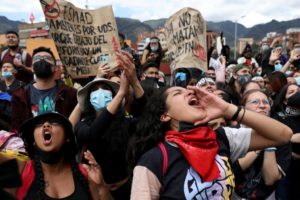
Though it has received little coverage in the mainstream U.S. press, there has been ongoing mass protests, along with murderous state repression, in Colombia over the past weeks.